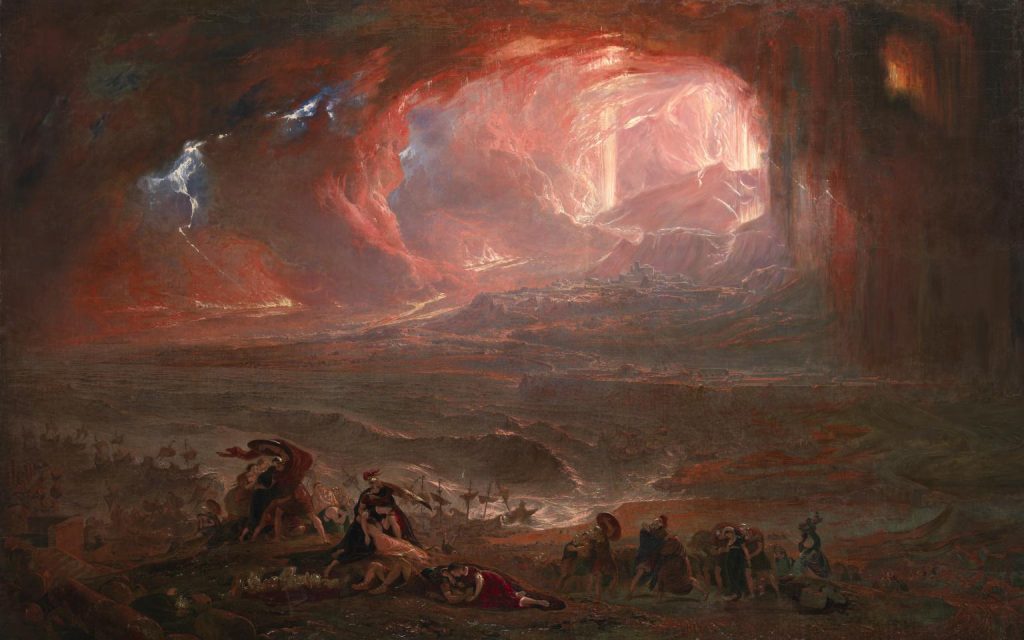I’m writing with details of this term’s Murray Seminars on Medieval and Renaissance Art at Birkbeck. These advanced research seminars are open to all, and attract interested members of the public, staff and students from other London colleges and beyond. They are an opportunity to hear and contribute to cutting-edge research, often at the very early stages of work in progress.
All this term’s seminars take place in the History of Art Department at Birkbeck (43, Gordon Sq., London WC1H 0PD) in Room 114 (The Keynes Library) at 5pm. Talks finish by 5.50pm (allowing those with other commitments to leave) and are then followed by discussion and refreshments. We hope to see you there.
This term’s seminars are:
16 October, Lisa Monnas
Vestments and Textiles in Hans Memling’s ‘God with Singing and Music-making Angels
Three large panels in the Royal Museum of Fine Arts in Antwerp, painted by Hans Memling in the 1480’s, represent a heavenly scene framed by clouds, which part to reveal the central figure of God attended by sixteen singing and music-making angels. Thye once formed the top of the high altarpiece of the Benedictine Abbey of Santa Maria la Réal in Nájera, in Spain. In the central panel, God is depicted vested as priest and ruler, and the angels in this and in the flanking scenes wear clerical dress. The work has been interpreted as relating to the Good Friday liturgy and the Exaltation of the Cross, but since the panels originally formed the top of an altarpiece whose main subject was the Assumption of the Virgin, this is open to doubt. This paper will re-examine the vestments and textiles in the newly conserved panels, assessing their ‘realism’ and their contribution to the heavenly scene. It will also consider them in the wider context of some of Memling’s other works.
14 November, Jana Gajdosova
Sculpted Genealogies: The Effigies of Bohemian rulers in Prague Cathedral
With the death of Wenceslas III, the Přemyslid dynasty, which had ruled Bohemia for over four centuries, came to an end. The murder of the young king created chaos in the kingdom for several decades; however, after the marriage of Elizabeth of Přemyslid and John of Luxembourg and the subsequent birth of Charles IV (1316 – 1378), Bohemia reached the height of its political and cultural power in Europe. Charles IV saw himself as a bridge between two Bohemian dynasties – the Přemyslids of the past and the Luxembourgs of his envisioned future. This link was communicated with painted genealogies in at least three of Charles’ castles, and with staged genealogies across Prague. The fascination that Charles had with re-imagining and visualizing his role within the dynastic shift that occurred also found expression in the sculpted genealogies which are the subject of this paper—specifically the effigies of Přemyslids rulers commissioned by Charles IV for Prague Cathedral, which were made to communicate these ideas in sculpture and across real space.
5 December, Marie-Louise Lillywhite
Blood is Thicker than Water: Artists, Friends and Family Alliances in Seventeenth-Century Venice
How did Venetian artists forge alliances to advance their interests and ensure the continuation of their workshops? Focusing on the painter Palma il Giovane, this paper explores his concerted efforts to continue his family name through strategic marriages, and safeguard his success through advantageous friendships. This study will demonstrate how these potentially positive relationships impacted artistic production in Venice for better, or indeed worse.
.
.
Category: Archived Events
.
Tags: Art History, History of Art, Murray, Murray Seminars


